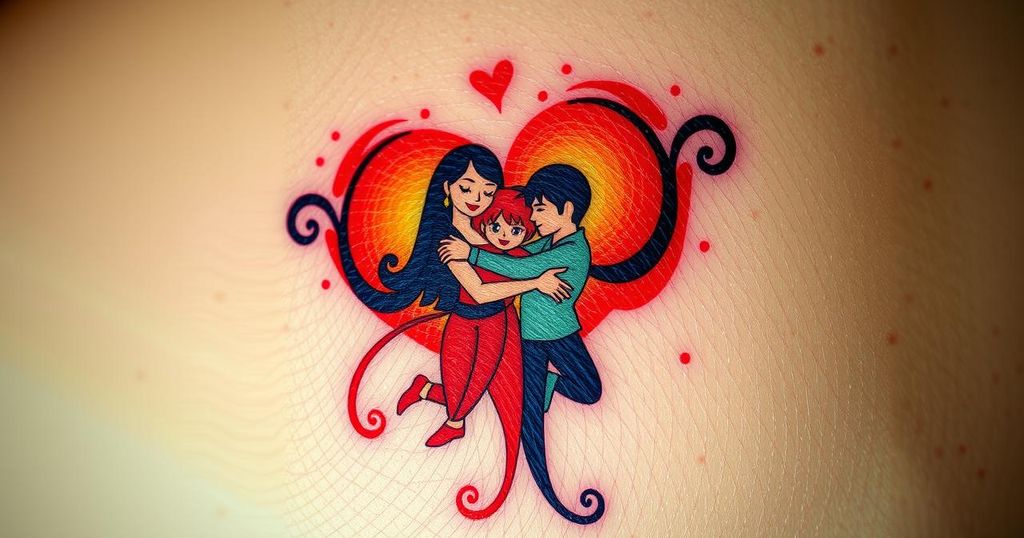Despair of Venezuelan Mothers Recognizing Their Sons Among Alleged Gang Members

Venezuelan mothers are devastated as they recognize their sons among nearly 300 deported to El Salvador, mistakenly labeled as gang members. They plead for acknowledgment of their loved ones’ innocence, emphasizing many were simply seeking better opportunities. Despite the U.S. government’s portrayal of these individuals as criminals, families persist in their fight for justice and clarity regarding the deportations.
In the Los Pescadores neighborhood of Maracaibo, Venezuela, mothers gather, distraught as they confront the painful reality of identifying their sons among the nearly 300 alleged gang members deported to El Salvador by the Trump administration. These families were not informed of their sons’ deportation, but recognize them by distinctive features such as tattoos and physical characteristics. Many express their anguish, emphasizing that these young men are not criminals associated with the Tren de Aragua gang, but simply seeking better futures.
Mercedes Yamarte, for example, pleads for recognition of her son Melvin, a hardworking individual with no criminal record. In a moving video, she describes her son’s identity through his tattoos, which symbolize love and family rather than gang affiliation. She recounts the moment she saw his image among inmates at the Terrorism Confinement Center (CECOT), expressing how it shattered her world: “His eyes screamed at me to help him.” The community unites in despair as they seek justice for their children.
Mervin’s story reflects the plight of many young Venezuelans who migrated in search of stability. After enduring a treacherous journey through the Darién Jungle and settling in Texas, Mervin was unexpectedly detained by immigration agents. Instead of returning home, he was deported to El Salvador. Other mothers, such as Yareli Herrera and Carmen Reyes, recount similar experiences of grief and helplessness, revealing that their sons were merely attempting to provide for their families.
With international scrutiny on the deportations, Venezuelan mothers plead for the truth. Some have taken to social media and other outlets to raise awareness about their sons, stating that they were seeking better opportunities rather than engaging in criminal activity. As response varies from the U.S. government labeling them as “terrorists,” families maintain that these individuals do not belong to the Tren de Aragua and are victims of circumstance.
Jair Valera, a cousin of Melvin, implores Salvadoran President Nayib Bukele to ensure thorough investigations into deportees. The emotional plea resonates as these mothers emphasize their children’s innocence in a dire situation that has unnecessarily torn families apart, reiterating their hopes for reuniting with their loved ones amidst the chaos. The resilience of these families in the face of despair highlights the urgent need for a fair evaluation of each case.
The heart-wrenching accounts of Venezuelan mothers reveal the deep emotional turmoil stemming from the deportation of their sons, who are mistaken for criminals. Despite the U.S. government’s harsh classification, families consistently argue their loved ones were merely searching for a better life. The desperate pleas from these mothers for justice and recognition highlight the grave injustices faced by deportees and their families. As the situation unfolds, the need for compassion and thorough investigation is increasingly apparent, underscoring the urgency of their plight.
Original Source: english.elpais.com







